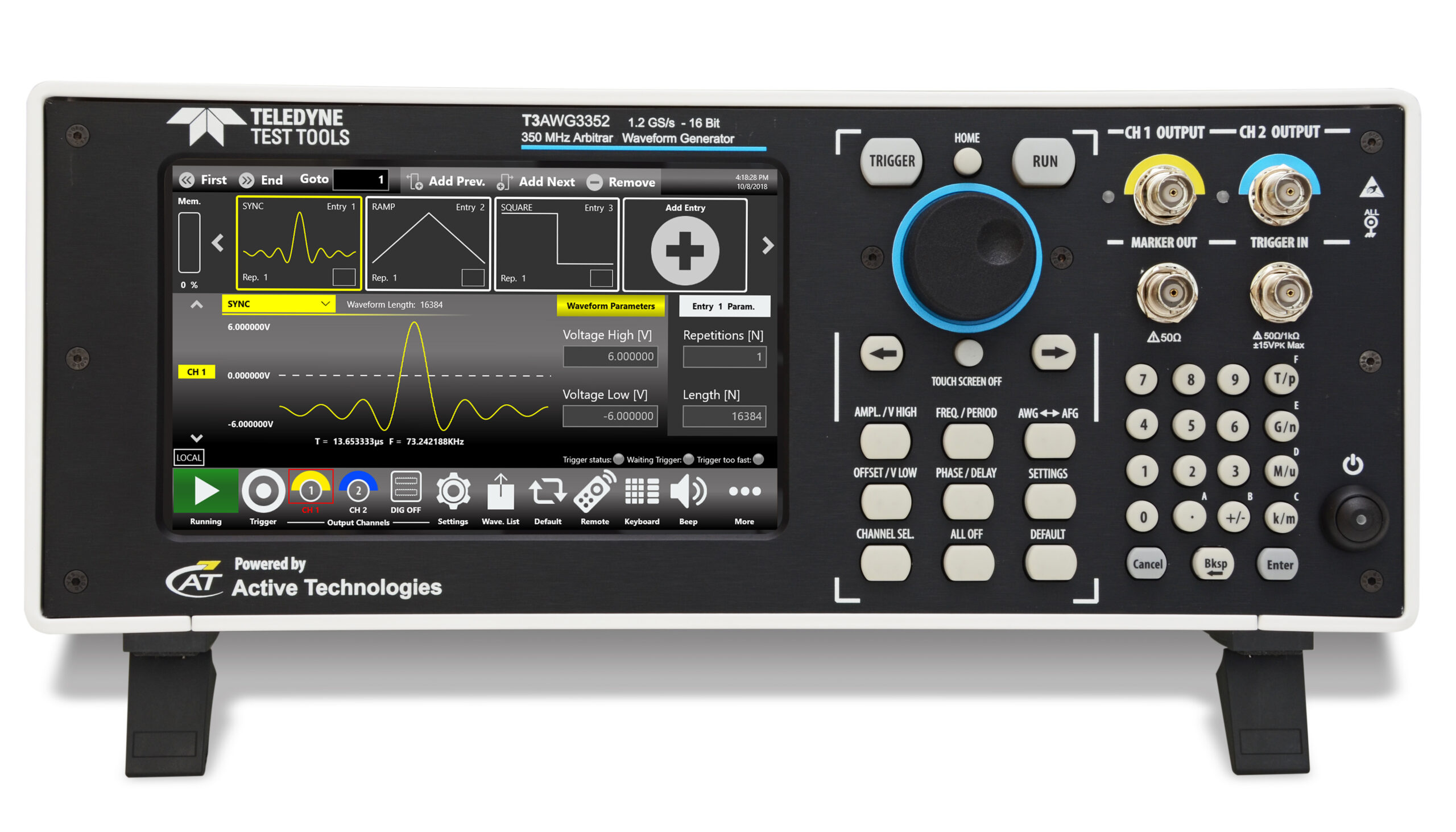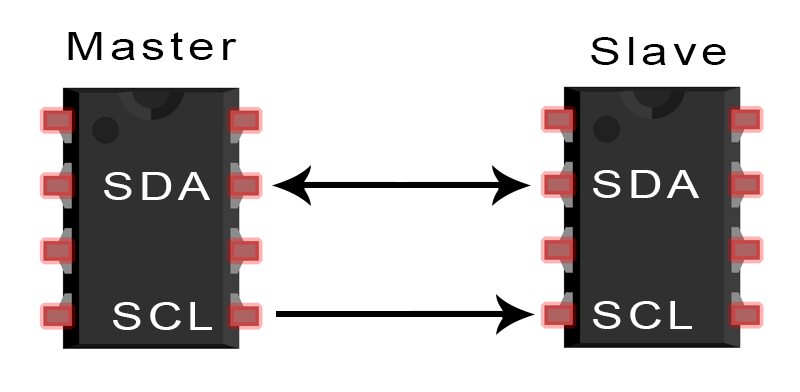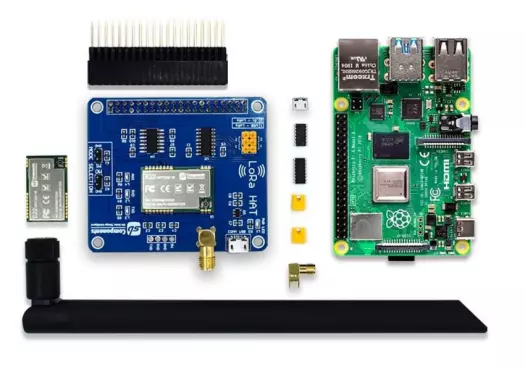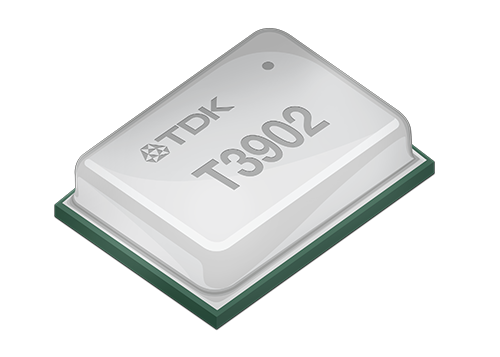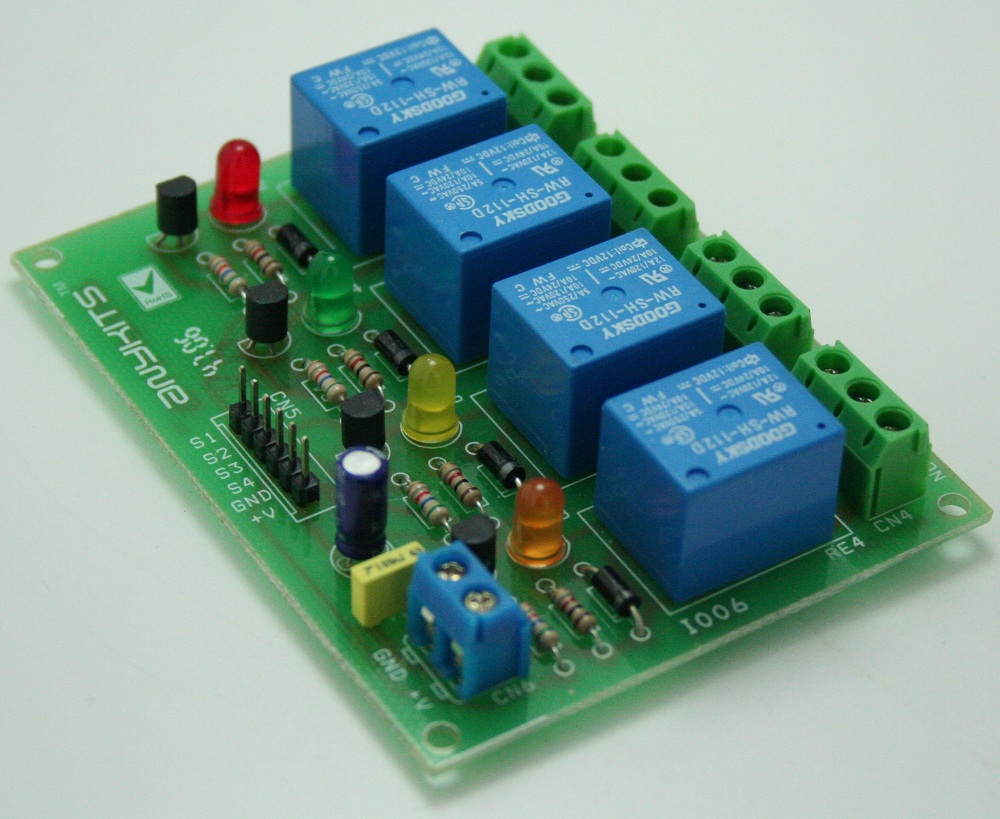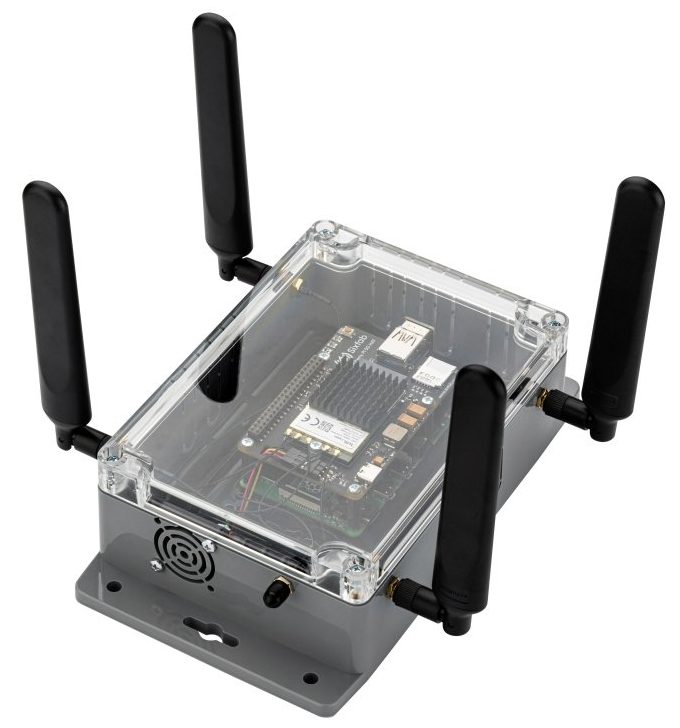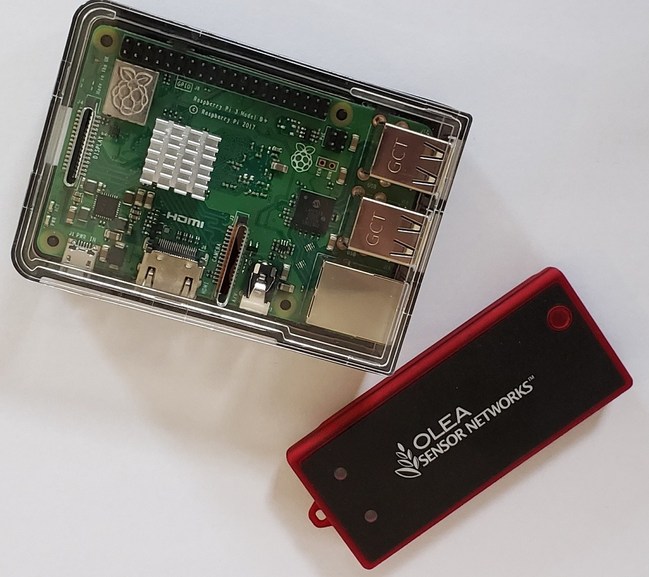
Olea Sensor Networks made their “OS-3010” healthcare sensor module compatible with Raspberry Pi. It supports Windows, Linux, and other Android devices. The sensor module monitors heart rate, respiration, and other signals incorporated by OleaSense software. At 84 x 35 x 8.7mm, the 29-gram OS-3010 is entirely enclosed and built to fit into a pocket or badge-holder of medical personnel or patient. It can also be attached to a patient’s bed for round the clock monitoring. The company says It can reduce the need for healthcare professionals to continually take and record patient data while avoiding user input errors. It also enables easy, long-term in-home monitoring. Restrictive methods for patients monitoring can be substituted, like the Holter Monitors or Spirometers.
The OS-3010 can improve health care in rural areas, and developing nations. Bluetooth 4.2 radio and micro-USB port is available for host systems communication. The sensor operates on a Cortex-M4 MCU and incorporates a 16-bit data acquisition (DAQ) interface as well as an Olea Vital-Sign Sensor — a 24GHz (K-Band) CW Doppler radar sensor, magnetometer, accelerometer, gyroscope, and LED are available. Power consumption is 200mW (40mA at 5V) and comes with an 8-hour 150mAh Li-ion battery. A wall adapter and an optional in-vehicle adapter are available. The device supports -40 to 85ºC temperatures.
The Sensor can work without contact with the patient’s body, and it uses ML algorithms to analyze, aggregate sensor data, and present actionable data about a patient’s condition in real-time. An authentication engine that can identify an individual’s unique heartbeat, which is called a HeartSignature is included in the sensor. The dashboard visualization GUI is called the QSN Quadcorder. The software is available for Linux, Android, and Windows, and it creates a summary and plots data processed by Olea sensors.
The researchers are working on the application of the OleaSense in providing statistical data for analysis of conditions like mild cognitive impairment (MCI) of patients with chronic kidney disease (CKD). The device complies with ETSI 300 440 and FCC 15.24 standards but is not certified yet for clinical use. There is no disclosed price for the OS-3010, but it is available now.
More information can be found on Olea Sensor Networks’ OS-3010 OleaSense product page.





